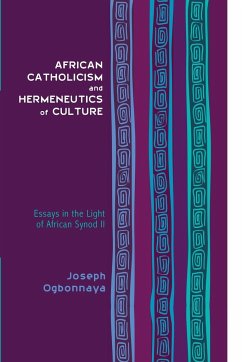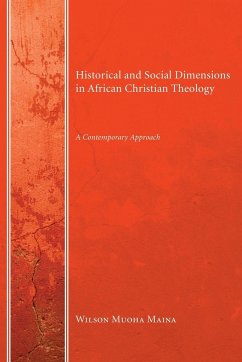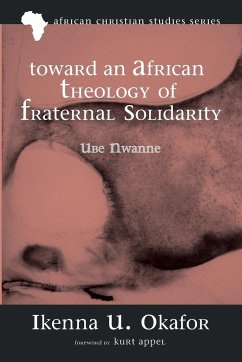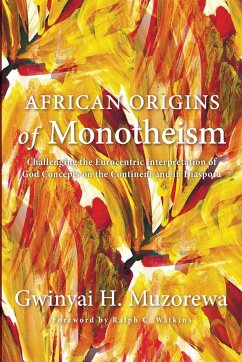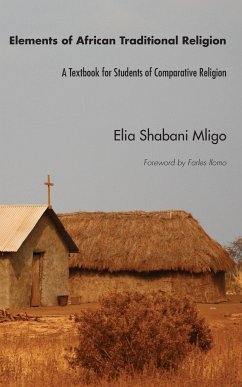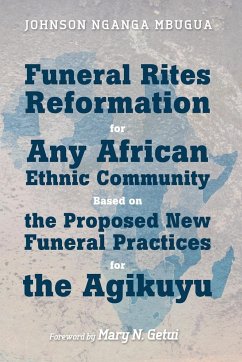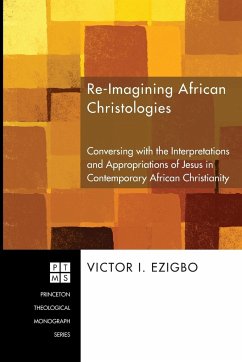At a time when Africans, like other peoples, are facing the shock of technological and cultural modernity, liberation of the oppressed must be the primary condition for an authentic inculturation of the Christian message. This is the central axis of the papers in this book, which begins with the questions of faith posed by cultural variables, an internal dimension of the African's condition. In order to understand what is at stake, we need to place these matters in the overall context of a society and a history marked by conflicts-which lead to a rereading of our African memory. The basic issue of the Credibility of Christianity is being raised from with in the dynamic which allows Africans to escape from the inhumanity of the destiny to which certain factors would condemn them. So critical reflection on the relevance of an African Christianity requires us to identify the structures or strategies of exploitation and impoverishment against which Africans have always struggled, finding their own specific forms of resistance within their cultures.
Hinweis: Dieser Artikel kann nur an eine deutsche Lieferadresse ausgeliefert werden.
Hinweis: Dieser Artikel kann nur an eine deutsche Lieferadresse ausgeliefert werden.


